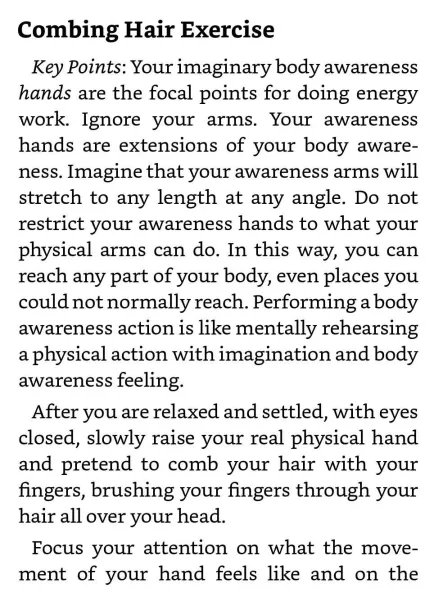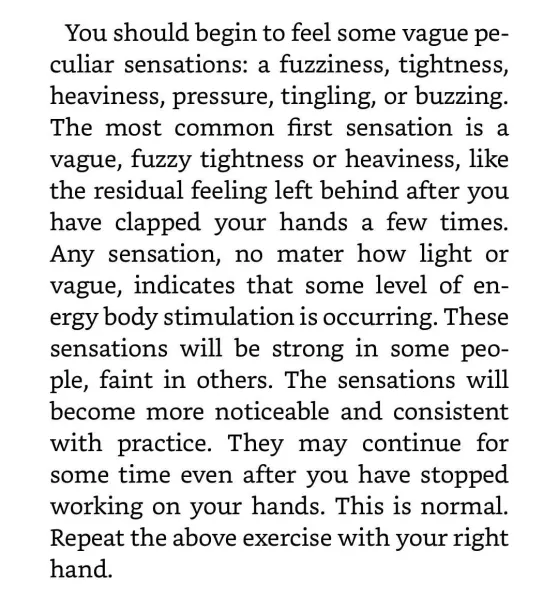Writing a new sequence on LW. My modest goal is to combine models from neuroscience, psychotherapy, meditation, game theory, and a bunch of other places, into a better model of how our minds work than the one suggested by our normal folk psychology. lesswrong.com/posts/M4w2rdYg…
First substantial post in my "multiagent models of mind" sequence, starts off by summarizing some essential points of "Consciousness and the Brain", and explaining Global Neuronal Workspace theory. lesswrong.com/posts/x4n4jcoD…
Second substantial post in my "multiagent models of mind" sequence, builds up to the #InternalFamilySystems model of mind by talking about how we might design a robot which behaved quite similarly as the IFS model predicts. lesswrong.com/posts/5gfqG3Xc…
Third substantial post in my "multiagent models of mind" sequence, I extend the model I've been building up to explain some things about change blindness and mistaking our thoughts as objective facts, and connect it with the book #TheMindIlluminated.
lesswrong.com/posts/AhcEaqWY…
lesswrong.com/posts/AhcEaqWY…
Fourth substantial post in my "multiagents of mind" sequence: if we are composed of a society of subagents, then how come we manage to have relatively coherent behavior most of the time? When does this succeed and when does it fail? lesswrong.com/posts/oJwJzeZ6…
5th substantial post in my "multiagents of mind" sequence. If parts of our minds disagree, how do we get them to agree? Why don't they agree by default? Are there situations in which they refuse to talk with each other? Are they subagents or just beliefs? lesswrong.com/posts/hnLutdvj…
6th substantial post in my "multiagents of mind" sequence. I flesh out the concept of consciousness implementing a virtual Turing machine a bit more, and then apply it to examples such as emotion suppression, internal conflict, and blind spots. lesswrong.com/posts/7zQPYQB5…
7th substantial post in my "Multiagent Models of Mind" sequence, on how trauma shapes our thinking in invisible ways, and how healing one's emotional stuff is a prerequisite for rationality. lesswrong.com/posts/u5RLu5F3…
8th substantial post in my "Multiagent Models of Mind" sequence, connecting it with psychology's dual-process models and reframing "System 2" as working-memory augmented collaboration between subagents. lesswrong.com/posts/HbXXd2gi…
I summarize a book which claims to provide a theoretical model for how lasting emotional transformation (as well as any genuinely effective therapy) works. Its model seems very promising, I think. lesswrong.com/posts/i9xyZBS3…
Meditation has been claimed to have all kinds of transformative effects. I offer an explanation for one mechanism: increasing a person’s introspective awareness, leading to increasing psychological unity as internal conflicts are detected and resolved.
lesswrong.com/posts/WYmmC3W6…
lesswrong.com/posts/WYmmC3W6…
Here is the introduction to a series of posts where I try to explain insight meditation, enlightenment, and particularly the Buddhist three characteristics of existence in a secular, non-mysterious way.
lesswrong.com/posts/Mf2MCkYg…
lesswrong.com/posts/Mf2MCkYg…
In this post, I start explaining what is going on with the Buddhist notion of "no-self" and what's up with meditation that affects the sense of self, as non-mysteriously as I can make it. (Spoiler: the self is like Google Maps. Well, kinda.)
lesswrong.com/posts/W59Nb72s…
lesswrong.com/posts/W59Nb72s…
Here I started outlining my model of what's going on with suffering, and how it relates to the cognitive science theory of predictive processing and Buddhist teaching about craving and attachment.
lesswrong.com/posts/gvXFBaTh…
lesswrong.com/posts/gvXFBaTh…
Buddhists talk a lot about the self, and also about suffering. They claim that if you come to investigate what the self is really made of, then this will lead to a reduction in suffering. Why would that be? Here's my take... lesswrong.com/posts/r6kzvdia…
... the brain constructs a story of there being a single decision-maker. And while the story tends to be closely correlated with the system’s actions, the narrative self does not actually decide the person’s actions, it's just a story of someone who does.
lesswrong.com/posts/h2xgbYBN…
lesswrong.com/posts/h2xgbYBN…
Few people would seriously claim that either physical things or mental experiences last forever. However, there are ways in which the fact of impermanence does contradict the brain's intuitive, built-in assumptions. lesswrong.com/posts/T8gD9mRD…
• • •
Missing some Tweet in this thread? You can try to
force a refresh













